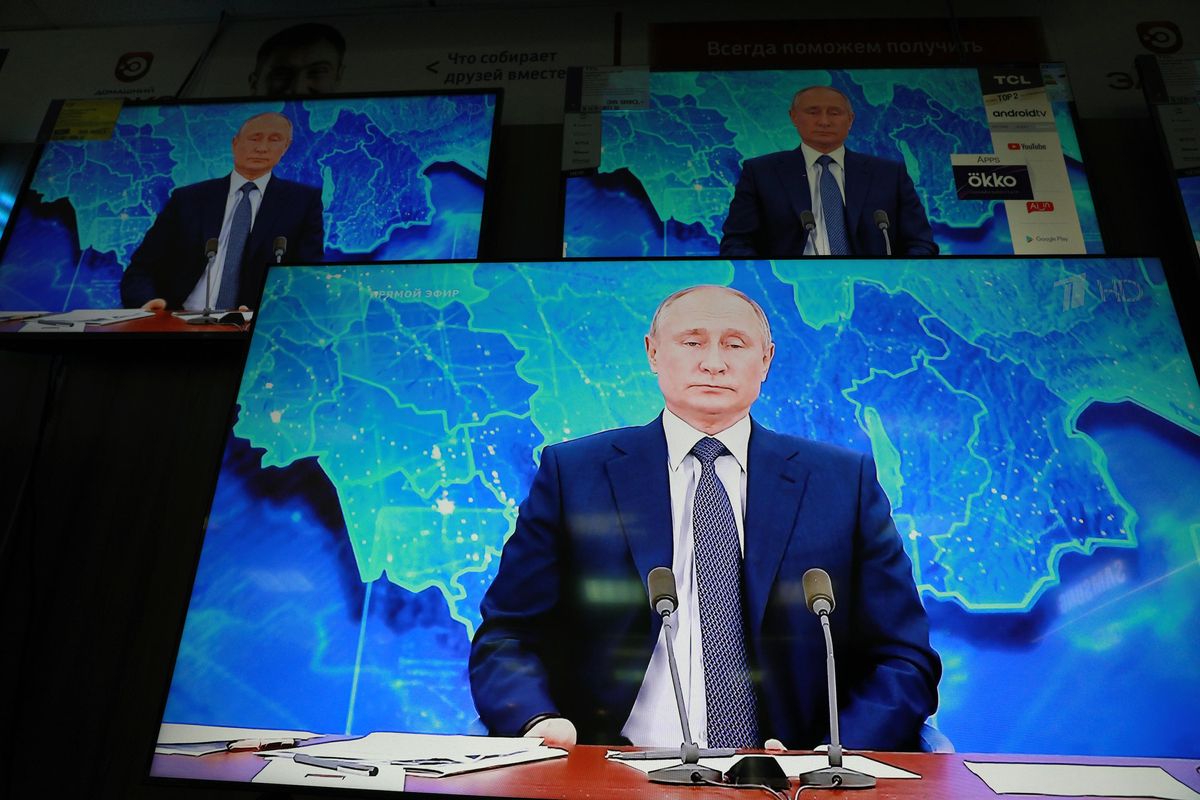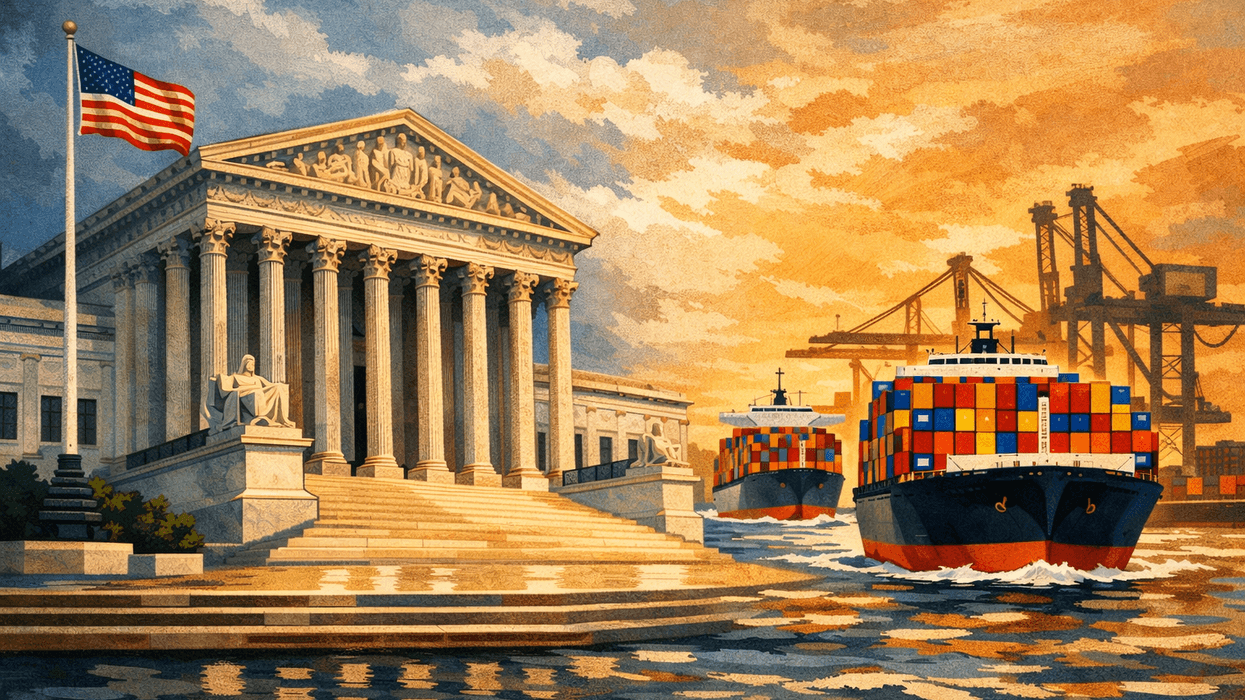Thirty years ago this week, Soviet leader Mikhail Gorbachev, forced to choose between dissolving the USSR or trying to hold it together by force, decided to lower the flag and end 75 years of Communist rule. Boris Yeltsin became president of something called the Russian Federation, and the Cold War officially passed into history. Many on both sides of the old divide hoped for a clean break from a confrontational past and looked forward to a new, cooperative future.
Three decades later, how much has changed? There is no question that Russians enjoy a higher standard of living, opportunity, and freedom than during the Soviet period. They can travel. They can read the news from a world away at a moment’s notice. They can enjoy Michelin-starred farm-to-table restaurants and swanky art exhibitions in a smart new Moscow that bears little resemblance to the drab Soviet capital of the last century.
And yet, President Vladimir Putin is now railing at NATO and threatening military action against Ukraine to protect Russia’s sphere of influence. Putin’s most prominent opponent languishes in prison, a year after being poisoned, likely by state officials. And this week, the state shuttered a homegrown human rights group dedicated to cataloging the Soviet regime’s human-rights abuses.
So is Vladimir Putin – a former KGB agent who once called the Soviet collapse the “greatest geopolitical tragedy” of the century – trying to reconstitute a new vision of the old hammers and sickles?
That question misses a longer historical sweep that Putin is part of.
Russia has, since the 18th century, led an empire. It’s a sprawling land empire that is hard to keep together and hard to defend – the Russian winter has repeatedly stepped in to help where mountain ranges or waterways could not – but an empire nonetheless.
For two hundred years, being a great power through imperial clout has been central to Russian leaders’ understanding of what Russia is: from the czars to the Soviets and now to… what? The “phantom pain of a lost empire,” as the syndrome has been called, is a powerful thing.
The thing is, Russia today is smaller than it’s been in 200 years. It lacks the allies that the Soviets had – after all, it’s now Ukraine, not West Germany, that’s living in the shadow of Kremlin threats. It lacks the global ideological appeal that the USSR enjoyed. And, of course, it lacks Ukraine. That’s a problem for imperial Russia because – as Putin tells it, and many Russians agree – Ukraine is a critical and inseparable part of the broader Russian world. Without Ukraine, Russia is, as Putin sees it, just another country.
So when Putin squabbles with the West about where NATO’s borders should end – and the countries squashed dangerously between Russia and Germany can fairly ask why he should get to decide that for them – he is acting on that imperial impulse.
When he claims to be encircled by a NATO that is present across just a tiny fraction of Russia’s immensely long borders, he is expressing the same geopolitical insecurity that kept empresses and czars, commissars and general secretaries awake in the Kremlin for centuries.
The question is whether that vision is sustainable for a Russia that is arguably weaker, globally, than it’s ever been. A Russia of modern people but without a modern innovative economy. Is empire (re)building worth the cost for a Russia that might otherwise be a great country without being a great power? Thirty years after the collapse of the Soviet Union, the answer to that question seems as distant as ever.


















